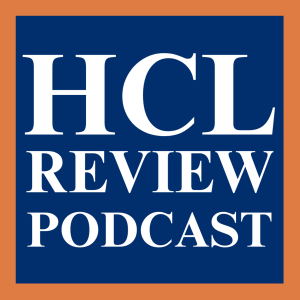

Microshifting: The Next Evolution in Work Design Beyond Remote and Hybrid Models, by Jonathan H. Westover PhD
Abstract: The traditional 9-to-5 workday is experiencing fundamental disruption as workers adopt microshifting—the practice of fragmenting work into flexible, non-contiguous blocks aligned with peak productivity, caregiving demands, and personal wellbeing. Recent data reveal that 65% of office workers seek greater schedule flexibility, while employees demonstrate willingness to sacrifice up to 9% of annual compensation for temporal autonomy (Owl Labs, 2025). This article examines the organizational and individual consequences of microshifting adoption, analyzing drivers including caregiving responsibilities (affecting 62% of employees), poly-employment trends (20% of workers), and productivity-trust dynamics. Evidence-based organizational responses are explored across communication architecture, equity frameworks, outcome-based performance systems, and enabling technologies. The analysis concludes with strategic imperatives for building sustainable flexibility ecosystems that preserve collaboration effectiveness while honoring temporal sovereignty.


